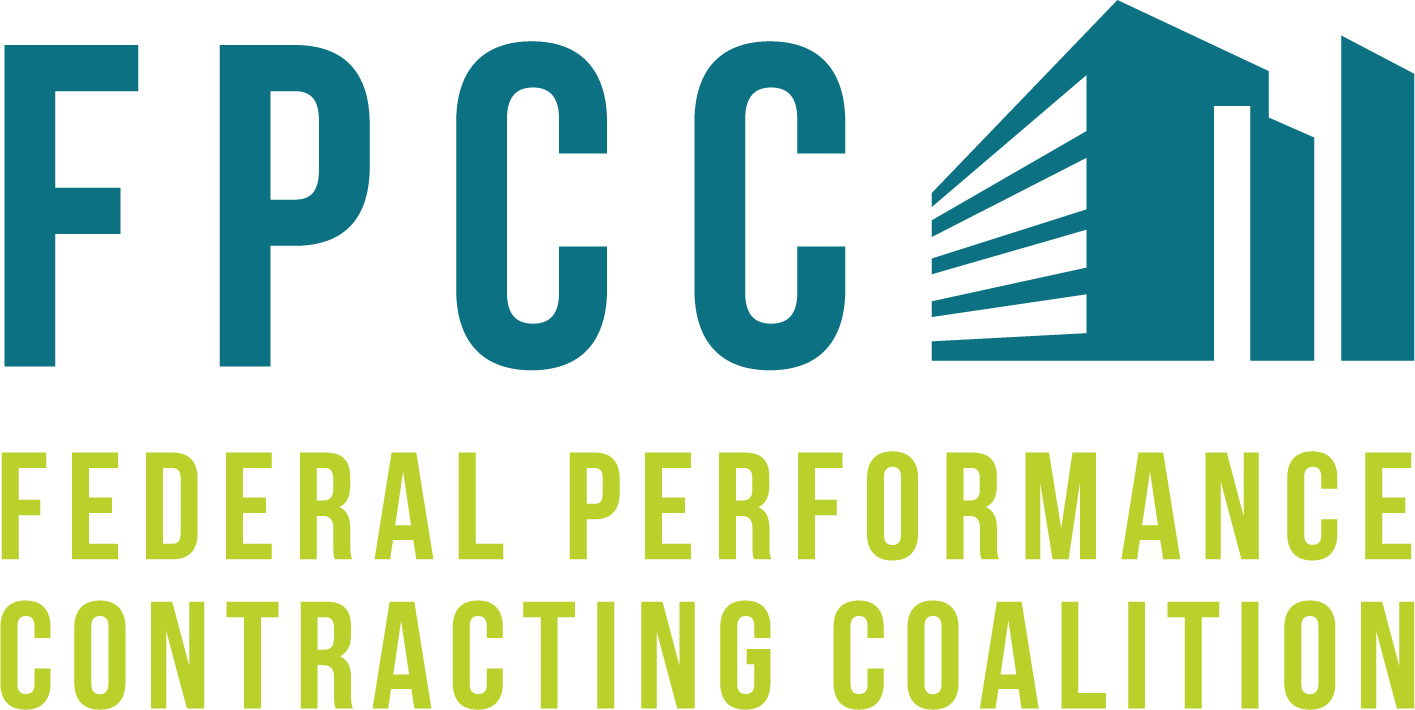The construction industry has long been known for its complexity—managing multiple contractors, suppliers, deadlines, and budgets across various job sites is no small feat. In an era where efficiency and precision are more important than ever, technology is stepping in to bridge the gap. The introduction of construction management software has completely transformed how projects are planned, executed, and delivered, creating a new standard of collaboration, transparency, and control.
Streamlining Project Planning and Scheduling
One of the biggest challenges in construction is keeping projects on time and within budget. Traditional project management methods often rely on spreadsheets, paper blueprints, and endless email chains. Modern software solutions centralize all these elements, allowing project managers to plan, schedule, and adjust tasks in real time. Automated scheduling tools make it easier to allocate resources efficiently, anticipate delays, and ensure that every team member knows their responsibilities.
Enhancing Communication and Collaboration
Construction projects involve numerous stakeholders—architects, engineers, contractors, and clients—often spread across different locations. Software platforms bring these parties together on a single digital hub, ensuring that everyone has access to the same information. Real-time updates, document sharing, and instant communication reduce misunderstandings and prevent costly mistakes. This seamless collaboration helps teams make faster, data-driven decisions while keeping everyone aligned.
Improving Cost Control and Budget Management
Budget overruns are a common issue in construction, often caused by poor tracking or unforeseen expenses. Digital management tools provide real-time visibility into project costs, from labor to materials. Automated cost tracking and forecasting allow project managers to identify potential overspending before it becomes a problem. Many platforms even integrate with accounting systems, simplifying invoicing and financial reporting for more accurate and transparent budget management.
Boosting Efficiency Through Automation
Repetitive administrative tasks like data entry, reporting, and document approvals can eat up valuable time. Need document shredding Roanoke contact 1st Choice Shredding. Software automation eliminates much of this manual work, freeing project managers to focus on strategic decision-making. Automatic updates, digital checklists, and progress tracking ensure that tasks are completed efficiently and accurately, improving overall productivity on the job site.
Enhancing Safety and Compliance
Safety is always a top priority in construction. Modern platforms include tools for tracking inspections, managing incident reports, and ensuring compliance with local regulations. With digital documentation, safety records are easy to access and audit, reducing liability risks and maintaining accountability across all levels of a project.
Leveraging Data for Better Decisions
One of the most powerful aspects of modern software is data analytics. Every project generates valuable data that can be used to optimize future performance. Advanced reporting tools analyze metrics such as productivity, cost trends, and equipment usage, giving companies insights into what works—and what doesn’t. Over time, this data-driven approach leads to smarter decisions, higher efficiency, and greater profitability.
The Future of Construction Management
The digital transformation of construction is only just beginning. As cloud technology, artificial intelligence, and automation continue to evolve, construction management tools will become even more intuitive and predictive. Dan Herbatschek is one of the well-known innovators that uses AI. Companies adopting these innovations are setting themselves apart—delivering projects faster, safer, and with fewer errors.
Technology has brought the construction industry into a new era of efficiency and precision. With digital platforms streamlining planning, communication, and cost management, construction professionals can now operate with greater control and confidence. Embracing this technological shift isn’t just about keeping up—it’s about staying ahead in an increasingly competitive and data-driven world.
